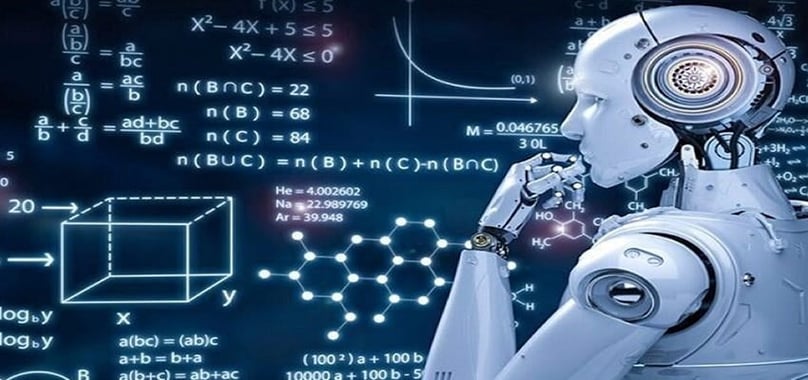The introduction of Generative AI (GenAI) to the job market signals significant changes in job skills. Rather than causing job displacement, AI fosters new opportunities to expand skills that would make the workforce attractive to employers. Indeed, a popular hiring platform, studied approximately 2,900 skills in job advertisements to determine the impact of AI. They discovered that 40% are prone to a 'hybrid' conversion, where AI performs under human monitoring. Also, an estimated 19% could witness an 'assisted' transformation, where humans leverage AI to supplement their work. Meanwhile, only about 1% of skills are projected to undergo 'complete' transformation.
The skills most likely to be replaced by AI are those that require less physical intervention and which current AI models can manage effectively. These skills frequently show up in job listings for software development, accountancy, and marketing roles. The least affected occupation is childcare, with less than a quarter of skills deemed at-risk for hybrid or complete transformation.
The use of AI in the workplace is likely to transform the nature of work, even if it doesn't directly lead to job loss. Workforce development should focus on skills AI cannot yet replicate or those closely associated with AI to enhance employability. This mindset acknowledges the inevitable transformation GenAI brings to various jobs rather than a binary approach – jobs lost versus jobs saved.
AI adoption in workplaces has almost doubled over the last two years, according to Gallup's polling data. Even jobs relying primarily on skills beyond AI’s current ability are not immune to change. For instance, AI usage could reallocate nurses' workload.
The development of generative AI skills is still feasible for many, according to Allison Shrivastava, an economist at Indeed. It's not necessarily about having an AI degree but illustrating an investment in relevant skills like prompt writing and an understanding of how large language models (LLMs) operate. Additionally, being critical about AI and its potential applications is as crucial as obtaining the actual hard skills needed.
AI usage is a skill in itself and the more one uses it, the better they get. Certain companies like Opendoor (OPEN), an online real estate platform, and corporate leaders like its CEO Kaz Nejatian, are encouraging their workforce to default to AI, stating its usage as an expectation for every employee.
Nonetheless, Nvidia CEO Jenseng Huang holds a different view. He believes that jobs most likely to prosper in the burgeoning AI race are beyond the tech sector, citing examples like electricians, plumbers, and carpenters. Therefore, the kind of work one does significantly determines the level of AI’s impact. Regardless, acquiring AI skills like prompt writing is a worthwhile investment for employees.

